(+92) 327 6777757
(+92) 3330445446

The Higher education system in Sweden is divided into three levels: basic level (grundnivå), advanced level (avancerad nivå), and graduate level (forskarnivå). Sweden has 41 higher education institutions, high school colleges (first cycle universities) and universities.
The most reputed degrees have tended to be in humanities, although the government is now trying to boost science studies. Most undergraduate courses are taught jointly in English and Swedish. Masters tend to attract many international students, with more than 450 masters courses taught solely in English. The academic year is divided into 40 weeks, with two semesters. The first semester runs from the middle of August until the middle of January, and the second runs from the middle of January until June.


Swedish universities offer degree programmes according to the European standard. This includes bachelor’s, master’s and PhD programmes.
Bachelor’s programmes, also known as undergraduate programmes, typically take place after the completion of upper secondary school and are usually three years long (180 ECTS credits).
Master’s programmes, also known as graduate programmes, build upon the knowledge developed during bachelor’s-level studies and can be one or two years long (60 or 120 ECTS credits).
PhD programmes, also known as doctoral programmes, are research degrees involving several years of work toward a dissertation. The duration and setup of PhD programmes in Sweden vary between universities; see PhD programmes for more details.
You enrol on a two-year master’s programme made up of four semesters of study. During each semester, you take four courses for 7.5 ECTS credits each, for a total of 120 ECTS credits for the programme.
You enrol on a one-year master’s programme made up of two semesters of study. During each semester, you take one course for 30 ECTS credits, for a total of 60 ECTS credits for the programme.
You enrol on a 30-credit course in a subject you’re interested in. You take only that specific course and must turn in a new application if you wish to take additional courses.
Degree programmes usually contain a mix of compulsory, recommended and optional courses.
The Swedish academic year is divided into two semesters:
Autumn semester begins at the end of August and lasts until mid-January, usually with a short break at the end of December.
Spring semester runs from mid-January to the beginning of June.
Full-time studies in Sweden correspond approximately to a 40-hour week, though you may only have a few hours of lectures or seminars each week. The rest of your time is spent reading and working on group projects and other assignments.
You’ll often take only one course at a time for a period of several weeks, after which an examination is given directly. After the examination, a new course begins. For instance, during a 20-week semester, you might take four courses in a row for five weeks each. In some programmes, you might instead take several courses at the same time, with an examination at the end of the semester.
The structure of individual courses varies with the subject area. Technical programmes often include a high proportion of classroom and lab hours, whilst courses in the social sciences may involve fewer classroom hours and more independent and group work.
Courses usually include various types of meetings, including lectures, seminars and laboratory sessions with varying group sizes; seminar groups can be as small as a few students whilst lectures can be up to a few hundred. The aim is to develop critical thinking and collaborative skills, and students are expected to be active participants in all forms of meetings. Required reading and independent work is usually extensive, regardless of your field of study, and students are expected to come well-prepared to class.
Examinations usually take the form of written or oral tests, laboratory work, group work or special projects. Most programmes conclude with a degree thesis or project.

Sweden is one of the world’s top leaders which has been providing quality education to students from all around the globe. Study in Sweden for Pakistani students is based on one’s own self development. This also includes an individual’s freedom and their responsibilities. One can study in Sweden by checking about different universities and what their admission criteria is. Then one should check what courses are being offered by the universities which they have selected.
One should check their documents because this thing is really important for Pakistani students if they want to study abroad. A number of scholarships that are being offered also help a variety of students who are unable to pay their dues.
A large number of Pakistani students are studying in Sweden and their number is increasing day by day. Students who are enrolled in different courses are also given an opportunity to work. The working hours are not fixed for students but studies should be the first priority of every student.
Sweden is a great place even if one wants to start his career. A number of innovative companies are also appointing different students. This is also beneficial for students as they are able to pay their dues by working in these companies. Creating equal opportunities for all so one doesn’t feels left out is the top most priority of educational institutions in Sweden. Helping students with their course work and creating such an environment in which students can interact with one another is top most priorities of universities in Sweden.
In this regard presentations are also given on different topics and this has really helped students to better understand their courses. Sweden has gained recognition worldwide and is still welcoming students to register in latest courses which are being offered by them.
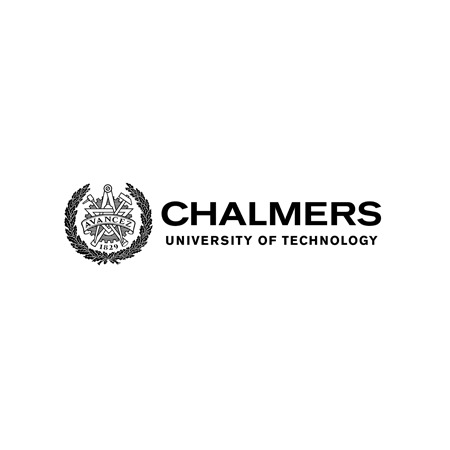


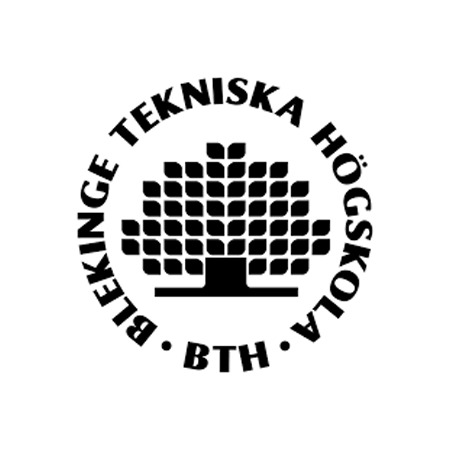
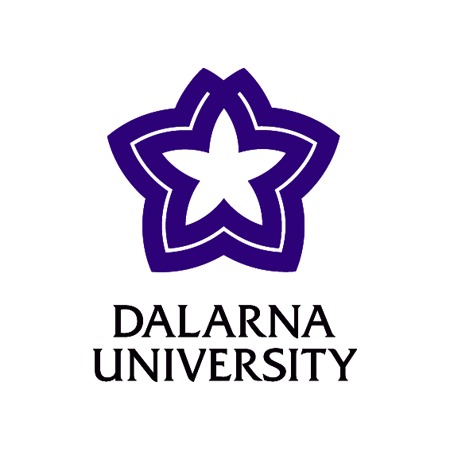
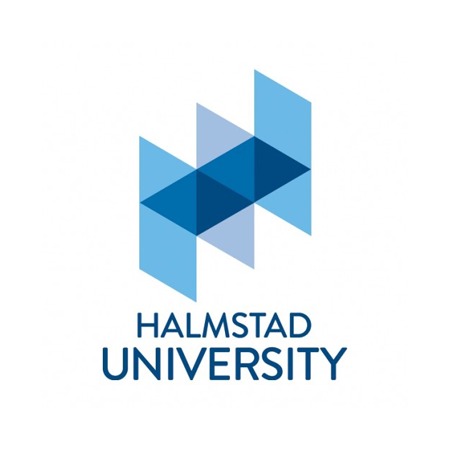
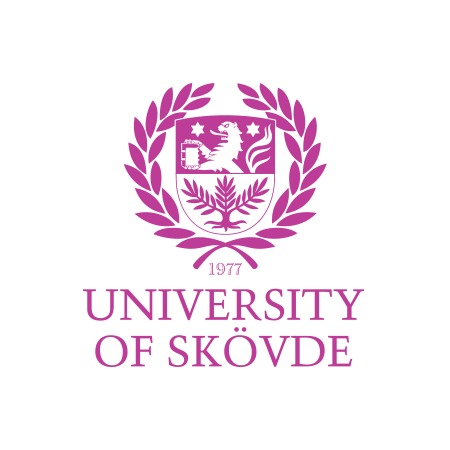
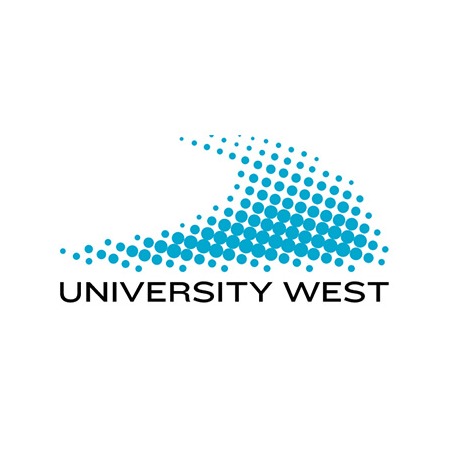
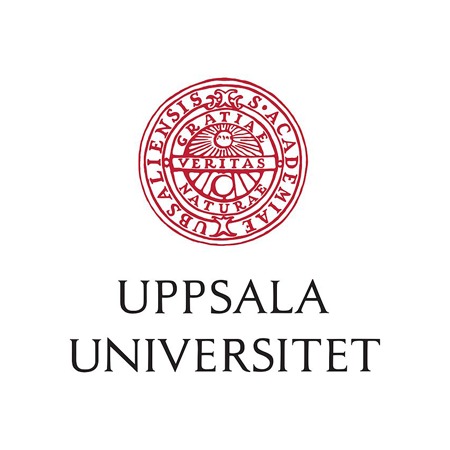

(+92) 327 6777757
(+92) 3330445446
info@feg.org.pk
S-13-14, 2nd Floor, Gulberg Centre, Opposite Pace, Main Boulevard, Gulberg-III, Lahore Pakistan.
(+971) 552321414
erfan@feg.org.pk
M1 building # 33, street 47C, near Al Karama Bus Stand, Al Karama, Dubai.
Copyright © 2024 Foreign Education Group, All Rights Reserved. Design & Developed By Genxe Technologies